Farm Management
All Farm Management Content
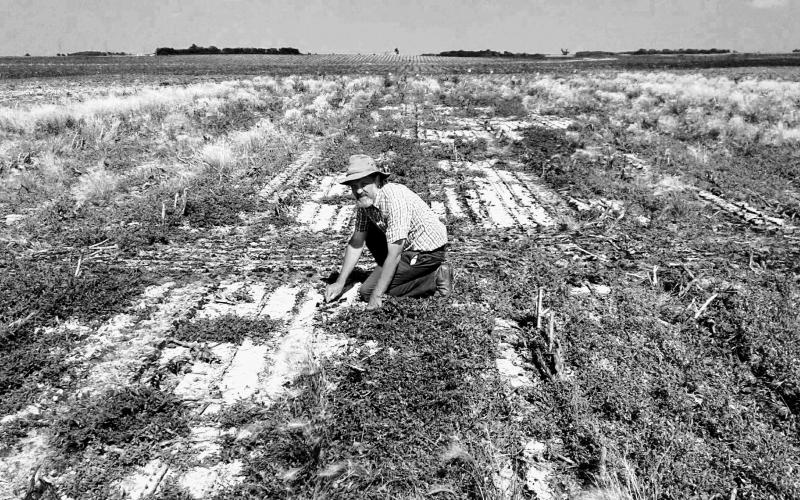
Perennial Solutions for Alkali Areas
Reclaiming marginal lands, especially those considered saline or sodic can be very challenging and may take many years to accomplish. The key to turning around salt or alkali areas in your fields, begins with getting a living root established in the affected area.

Preparing Spray Solutions: Mixing Order
Before mixing any pesticide always check the pesticide label for instructions on compatibility of two or more pesticides. Some herbicides and carriers require a compatibility agent, some are not compatible with a compatibility agent.
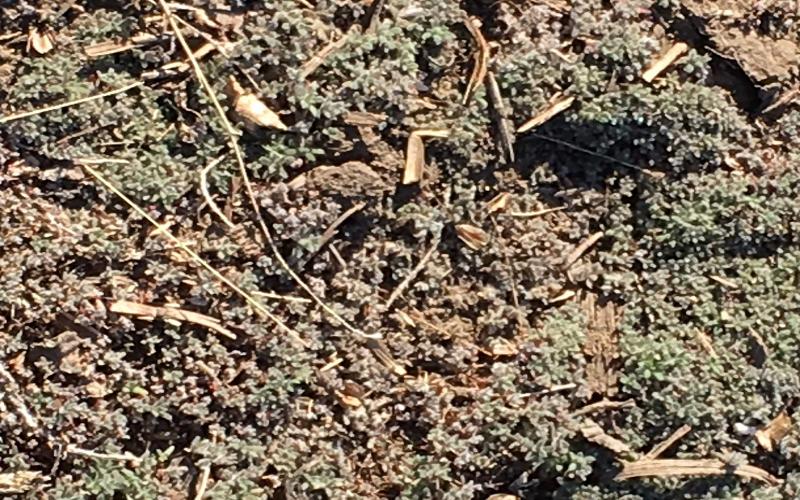
Temperature and Herbicide Performance
In South Dakota, the spring can come with a wide range of temperature fluctuations. This will affect the performance of burndown herbicides. Depending upon the target weed, type of herbicide and application rate, there will likely be decreased weed control in cooler temperatures.
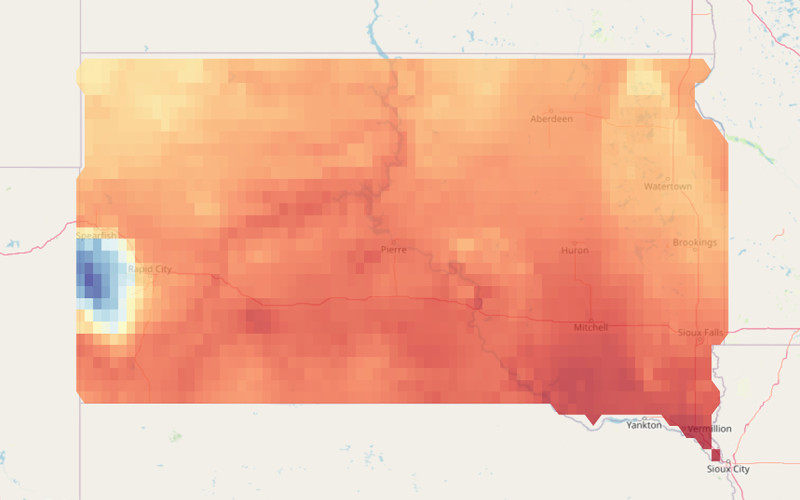
South Dakota Grazing Readiness Spring Turnout Map
The South Dakota Grazing Readiness Map uses historical climate data to provide livestock producers with a range of spring turnout dates for their location based on grass type.

Agronomic Considerations for Moisture Deficit Conditions
The current soil moisture stress in South Dakota could be more pronounced than we have seen in last few years. If this continues, cropping decisions may need to be adjusted for the upcoming growing season.
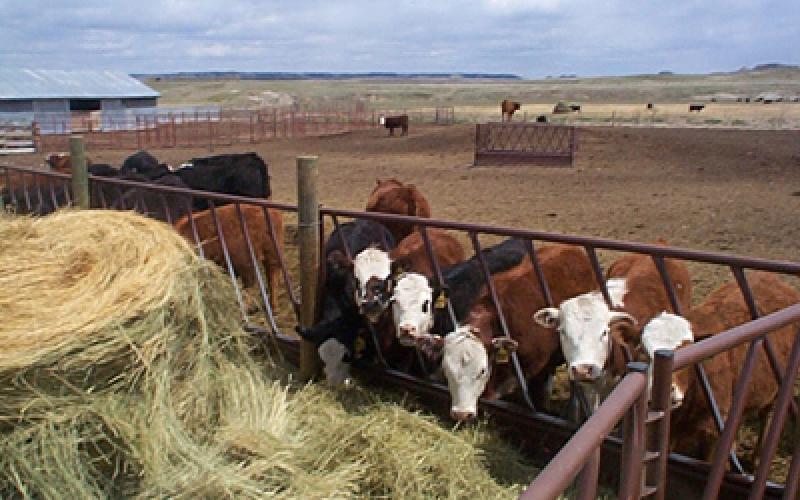
Herd Management: Keep or Cull During a Drought?
Drought forces unexpected changes so it’s critical to have a strategy to keep only the “right” females that will benefit the operation.
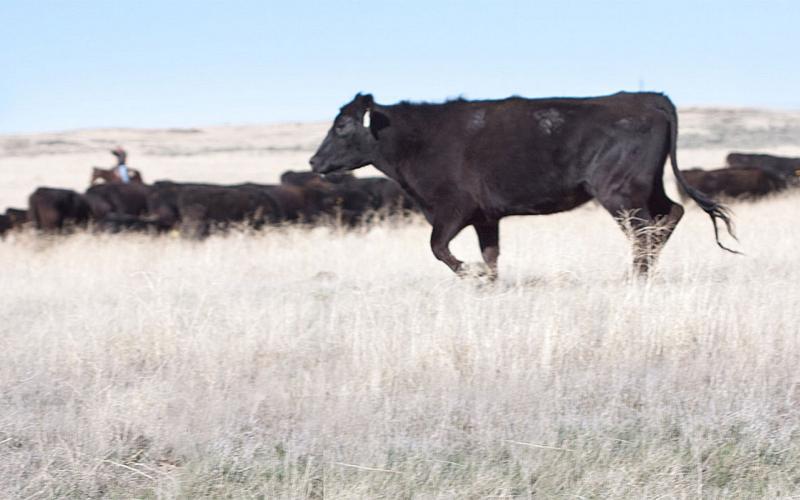
Trigger Dates: Critical Decisions for Drought Management
Having a drought plan in place ensures that you can overcome the inhibitions surrounding a drought response, the basis of which is figuring out trigger dates.
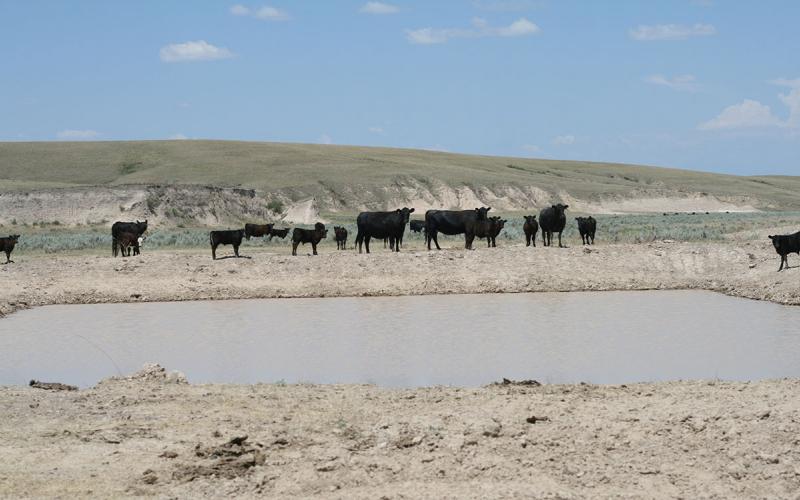
Drought Planning
A drought plan will be an essential component to your overall grazing plan, as it provides guidance in making decisions during critical times when forage may be lacking.
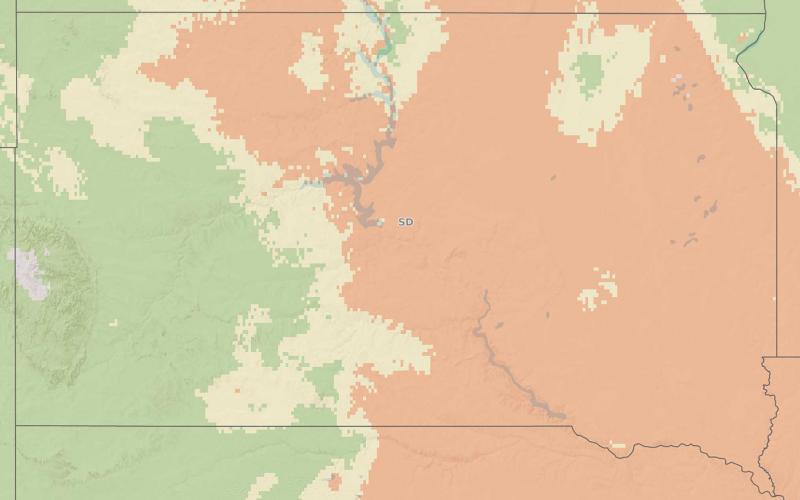
The Fusarium Head Blight Prediction Tool
The Fusarium head blight prediction tool, available through Penn State University and Mesonet at SDState, uses weather variables to predict the risk for Fusarium head blight in wheat.
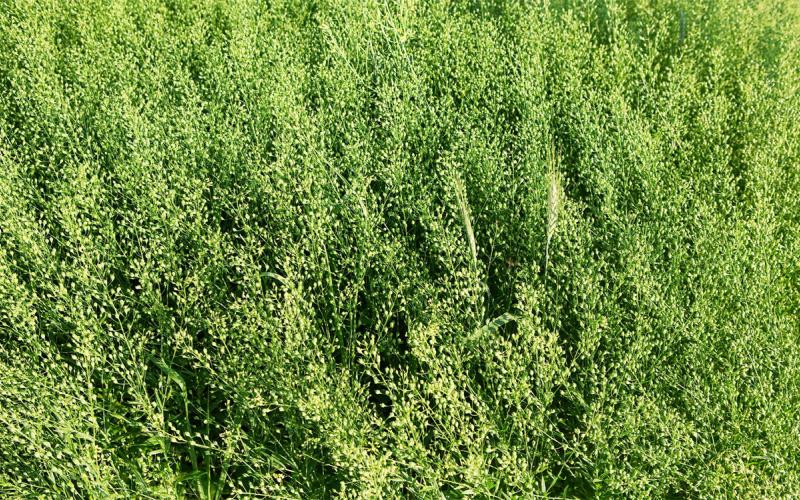
Spring and Winter Camelina in South Dakota
In the semi-arid, western portion of South Dakota, camelina has potential value as a fall-seeded cover crop, providing flexibility in crop rotations for improving soil health.